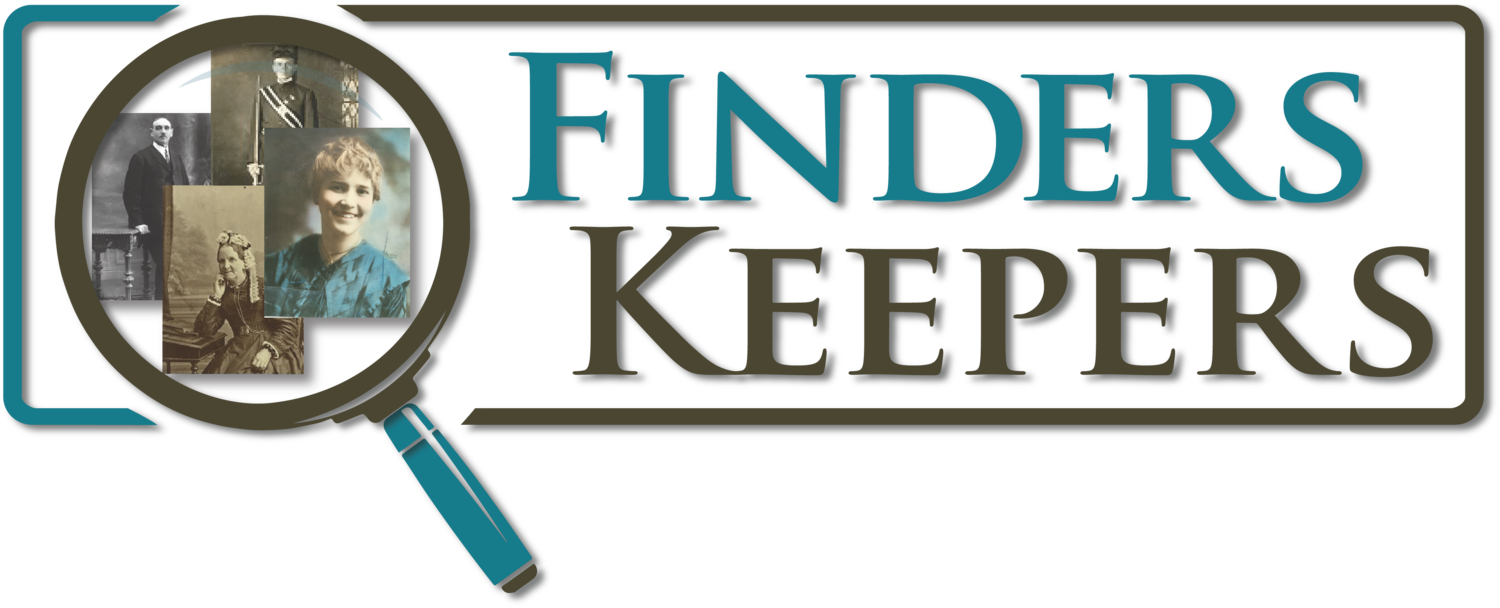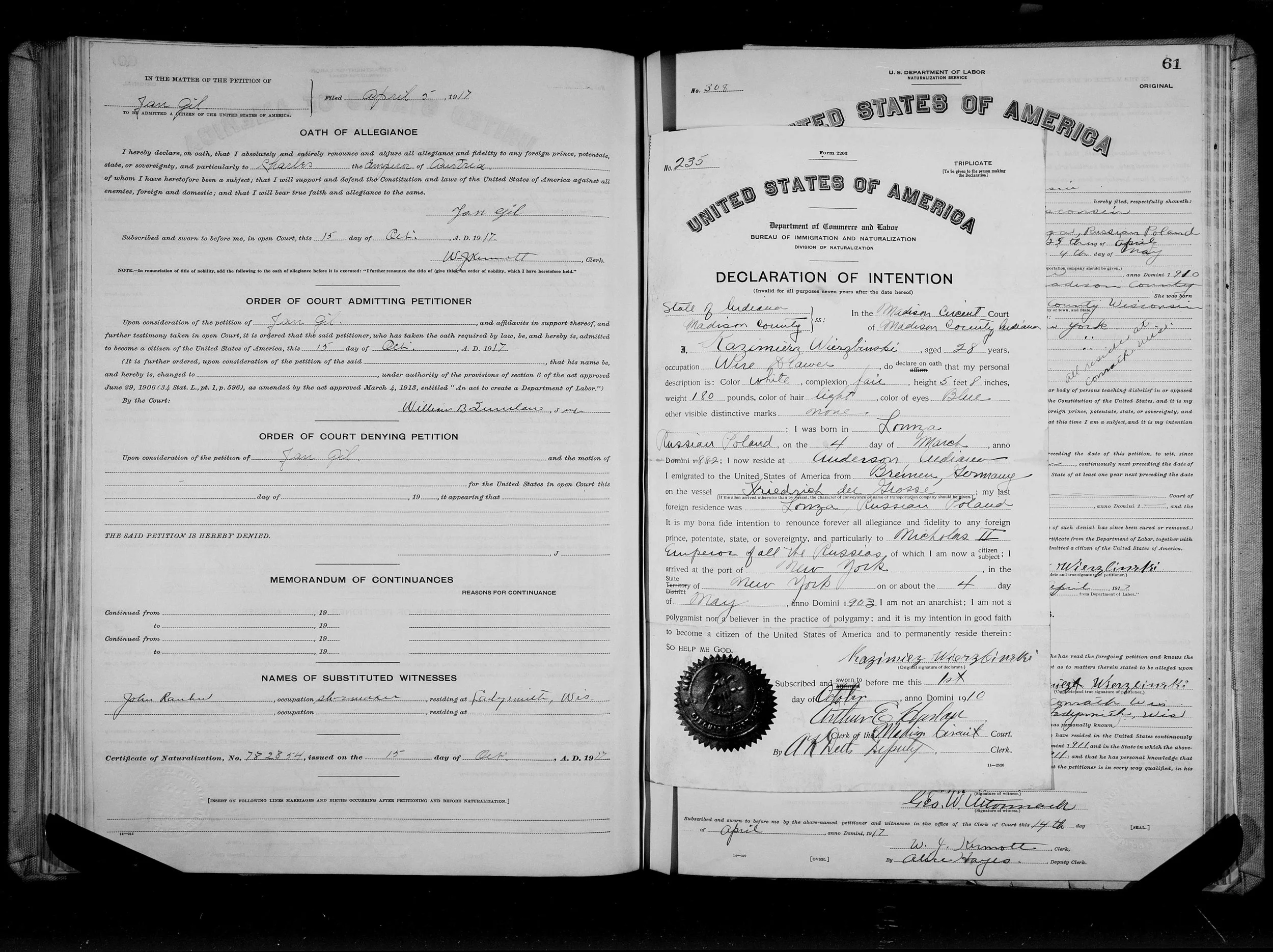It is not unknown that there are great inequalities among the genders in family history research. It is much more difficult to find information on women who often could not own property and were excluded from voting registers and many census records. Even in the recent past, a woman might be listed in a document only as “Mrs. Robert Smith”, but not under her own name. I am in reference to records in the United States, in other cultures women might not be listed on records at all, or might only be listed as “first daughter.”
However, even with that disparity between the genders, there is an even greater disparity between the races. Black Americans were excluded from many local, state, and national records for centuries in this country and the early founding. Even after emancipation, institutional racism and intimidation prevented many from being listed in voting registers, owning real property, and being listed in local and region histories.
Join Me In Helping to Make Records More Equitable
Currently, the Caribbean- Civil Registration, 1859-1978 has only 3% of the records indexed to make them searchable. This is a wonderful opportunity to help to make what few records we have available to be accessible to all. It is listed as an intermediate level of difficulty; however, in the records that I have completed I have not found it to be that level. So log onto your free Family Search account and get indexing.





